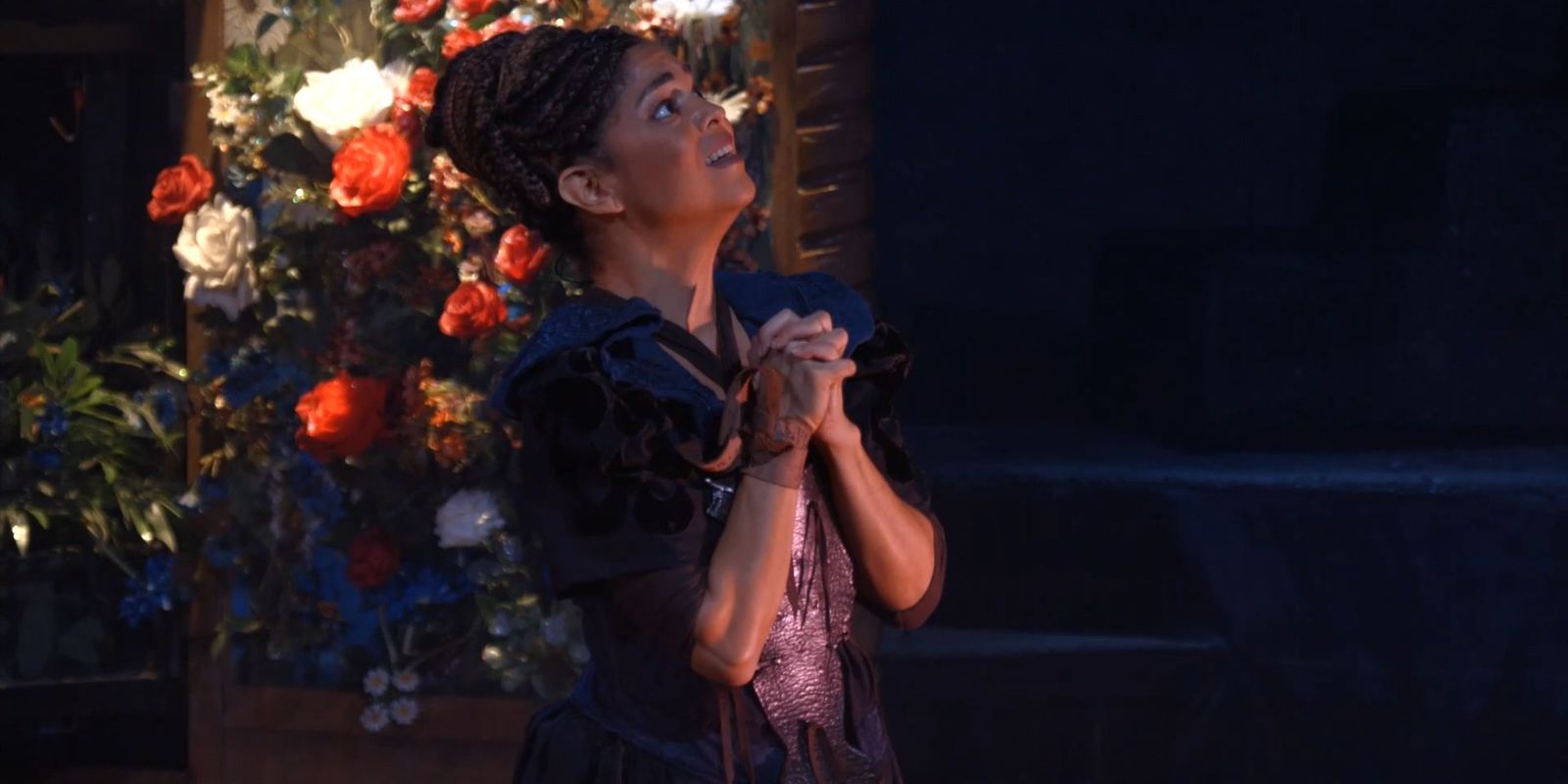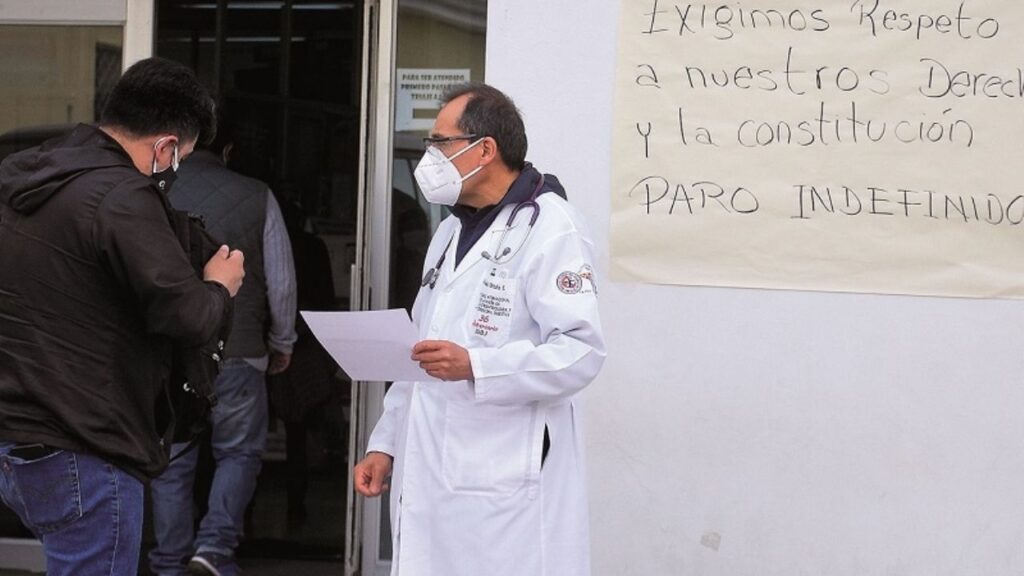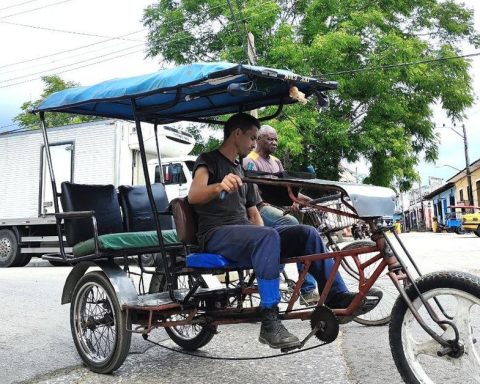By reciting poems to the sound of the lyre instrument, Greek poets inaugurated the tradition of lyrical singing, imported from Europe and today present throughout the world. THE Reporting Paths this Sunday (24), at 10 pm, shows the challenges of the profession in Brazil, a choice that involves a lot of study, practice, dedication and struggle to stand out in this art.
The lyrical singer Chiara Santoro, graduated from the Federal University of the State of Rio de Janeiro (UniRio) and specializing in the Santa Cecília Conservatory in Rome, works as an actress and singer in different genres of lyrical singing, such as operas, operettas and chamber concerts. “I like to tell stories by singing,” she summarizes. The reduced amount of works per season in Brazil also ends up demanding greater versatility from artists. “It’s a reality here for lyrical singing in Brazil to have to divide yourself into many tasks. We balance, like a juggler”, she jokes.
On display at the Municipal Theater of São Paulo with the opera Razor in the flesh, based on the play by Plínio Marcos, the lyrical singer and professor at the School of Music at UFRJ Homero Velho argues that, even in periods when he is off stage, the singer must always be ready, with a “functional” voice: “It is the only instrument that is really our body, it is very difficult for us to feel what is happening inside. That’s why daily practice is so important, it teaches empirically how to use your voice”.
Faced with career difficulties, many artists still seek opportunities for work and education abroad. The young opera singer Manuela Korossy is now a student at the Juilliard School, in the United States, one of the most renowned performance schools in the world. “The hardest thing in the whole admissions process, when you have confidence in your technical preparation, is to overcome the stress”, she says. From Brussels, the lyrical singer Priscila Olegário, who studied in France, Italy and Belgium, and has performed in different European countries, playing protagonists of renowned operas, such as “Carmen” and “Aida”, says that, even so, he encounters barriers: “Just my body and my face singing lyrical are already a transgression”, he argues. “Even today there are countries that make blackface. That, to me, is unacceptable”, says Priscila, referring to the practice of characterizing white characters as if they were black, which reinforces racist stereotypes.
In Amazonas, the lyrical singer Miqueias William pursued his dream of taking the stage and releasing his voice inspired by the three tenors – Luciano Pavarotti, Plácido Domingos and José Carreras – who, in the 1990s, were successful worldwide. Miqueias became one of the creators of the Meeting of Tenors, which has been taking place for ten years at Teatro Amazonas, in Manaus. Even today, he says he gets emotional when he enters the theater: “It’s a very big responsibility and it’s a privilege”, he describes. “I came from a humble neighborhood, my grandfather was a fisherman, my mother a teacher. We were not from a wealthy family, who became interested in opera and went to Europe. Nothing, it was all right here.”
In Rio, Colégio Pedro II has taught music in school benches since its foundation in 1837. “Music has a place. Her place is at school, together with the students”, believes music education teacher Cristina Cardoso da Fonseca.
Live and on demand
Follow the schedule of TV Brazil by the open channel, pay TV and satellite dish. Tune in: tvbrasil.ebc.com.brcomotune .
Your favorite programs are on TV Brasil Play, at site play.ebc.com.br or via smartphone app. The app can be downloaded for free and is available for Android and iOS. Also watch on WebTV: tvbrasil.ebc.com.br/webtv


















